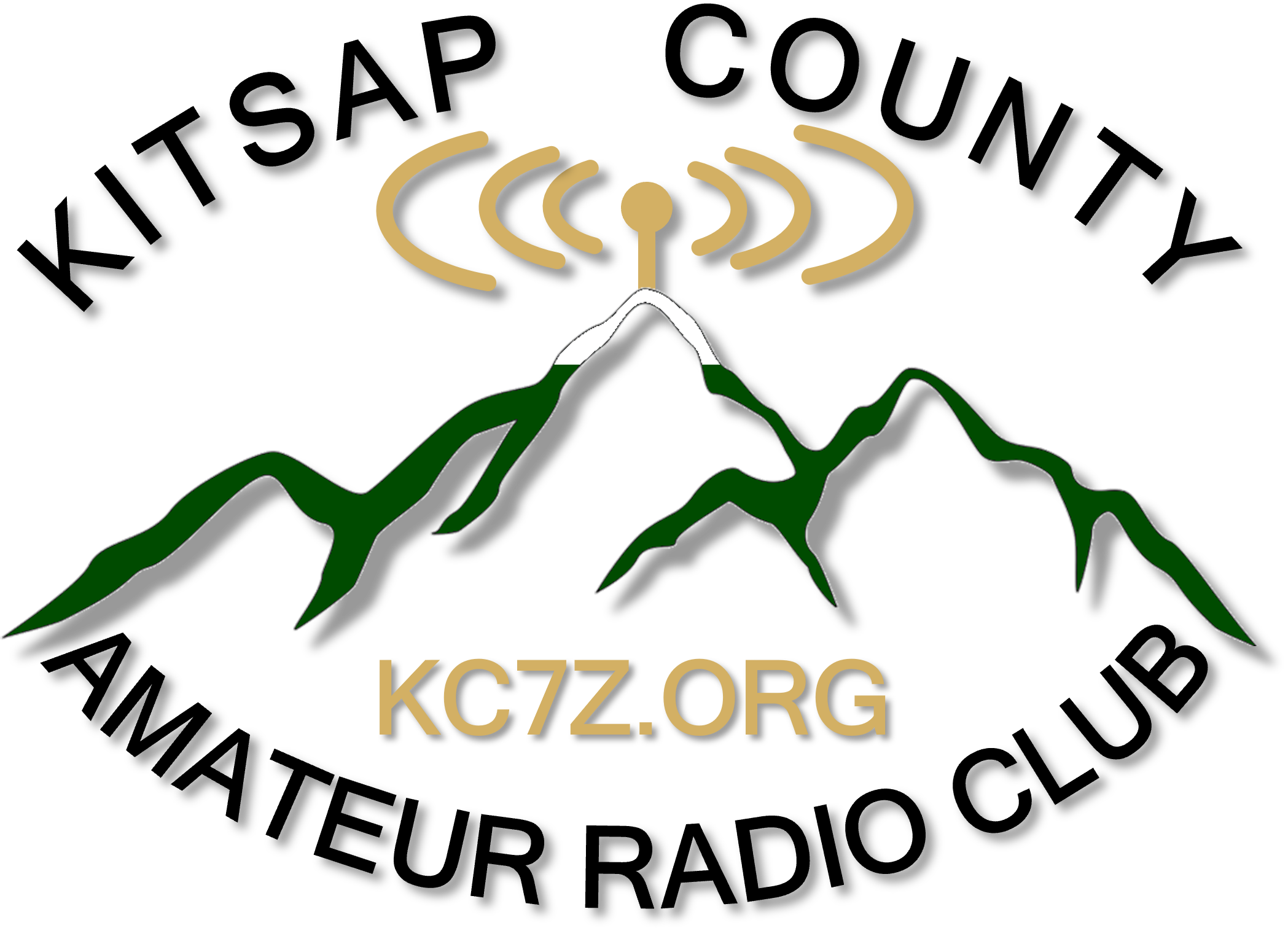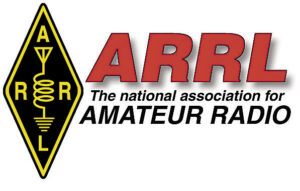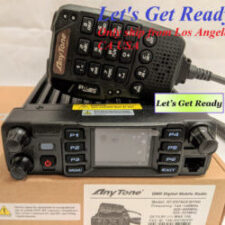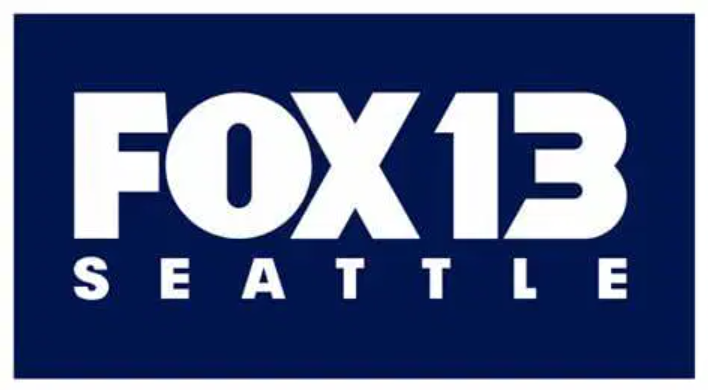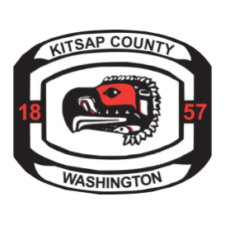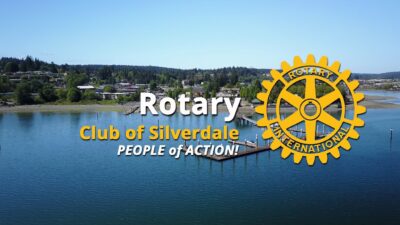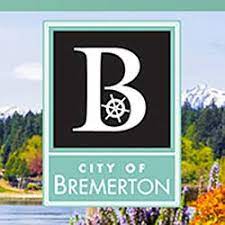How Do I Get Into Ham Radio?
One of the most asked questions for people interested in the hobby is “How do I get into Amateur/Ham Radio?”. This is a loaded question!! First off, Amateur Radio is a hobby that has quite a number of sub-hobbies and many technology adjacent interests. I am going to keep this simple and talk to how a person can get licensed and make that first transmission and talk to another person. Amateur radio is a science, technology, engineering and math related hobby. Don’t panic! There are different levels of required knowledge to advance in the hobby.
An FCC license is required. There are three levels of licenses and associated privileges:
Technician Class License
Many people start here and stay at this level. This license allows a person to operate equipment similar to a walkie talkie which is also called a handheld transceiver. These are typically used for line-of-sight communications which can be extended with access to a repeater. A repeater is a radio setup that rebroadcasts weaker signal at a higher power with typically a greater line of sight range.
There are is also limited access to frequency privileges that can open up over the horizon communications.
General Class License
At this level the operator has access to a much larger frequency space that allows greater flexibility in over the horizon communications.
Extra Class License
At this level the operator has access to greater frequency space than the General Operator.

How do I get a license?
You have to take a test. Once again don’t panic! There are many books, online tools, in-person classes and apps that will help you get ready.
The exam bank is public knowledge and multiple choice.
There are both in-person and online opportunities to take the exam.
FCC fees are paid online and a FRN is required.
Volunteer examiners may charge a fee to take a test. These fees only support recouping the costs to support the testing process.
I now have my license, now what?
One of the best skill accelerators is to find a club or seek out another Amateur Radio operator. Most amateur radio operators want nothing more than share all the information in a quick burst which can be overwhelming for a person new to the hobby.
Once again, Don’t Panic! Every club has a personality and many Amateur radio operators belong to multiple clubs. Some of these clubs meet both in person, online only and a mix of the two.
If you go to a club meeting and have a bad experience don’t give up, try another club or reach out to a club leader. Honestly, most amateur radio operators want to share their knowledge to help a new operator navigate the hobby.
There is nothing wrong with radio club shopping, find the one that aligns with your goals.
YouTube has a lot of content regarding the hobby and is also a great resource to learn new skills.
What radio and accessories do I get?
It Depends! This is the most dreaded answer in the hobby. There is not a best radio, antenna or power supply option. As a new operator understanding your short-term goals, long term goals, location and resources really define what gear you will get.
For technicians a dual band UHF/VHF handheld transceiver is usually the first step into the hobby. Many clubs have scheduled nets (On the air meetings) that allow member/visitors to test their equipment and practice their skills.
Places to Start your journey into Amateur Radio
Local Kitsap Clubs
Kitsap County Amateur Radio Club (KCARC)
Bainbridge Amateur Radio Club (BARC)
Greater Kingston Radio Club (GKRC)
West Sound Amateur Radio Club (WSARC)
Books… Just a few of the many options.
Online/Apps Examples
I have my Technician License but can’t get on the repeater for a net!
Our very own N8JRT has a Facebook video that will cover most entry-level Hand-Held Transceiver programming.
This information is provided to provide a high level look at how to get started in Amateur Radio. There are many paths to getting your license and the trick is to find one that aligns with your learning style. If you have more specific questions please reach out on Facebook or reach out to the KCARC Secretary or Sergeant at Arms.
